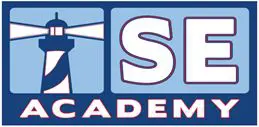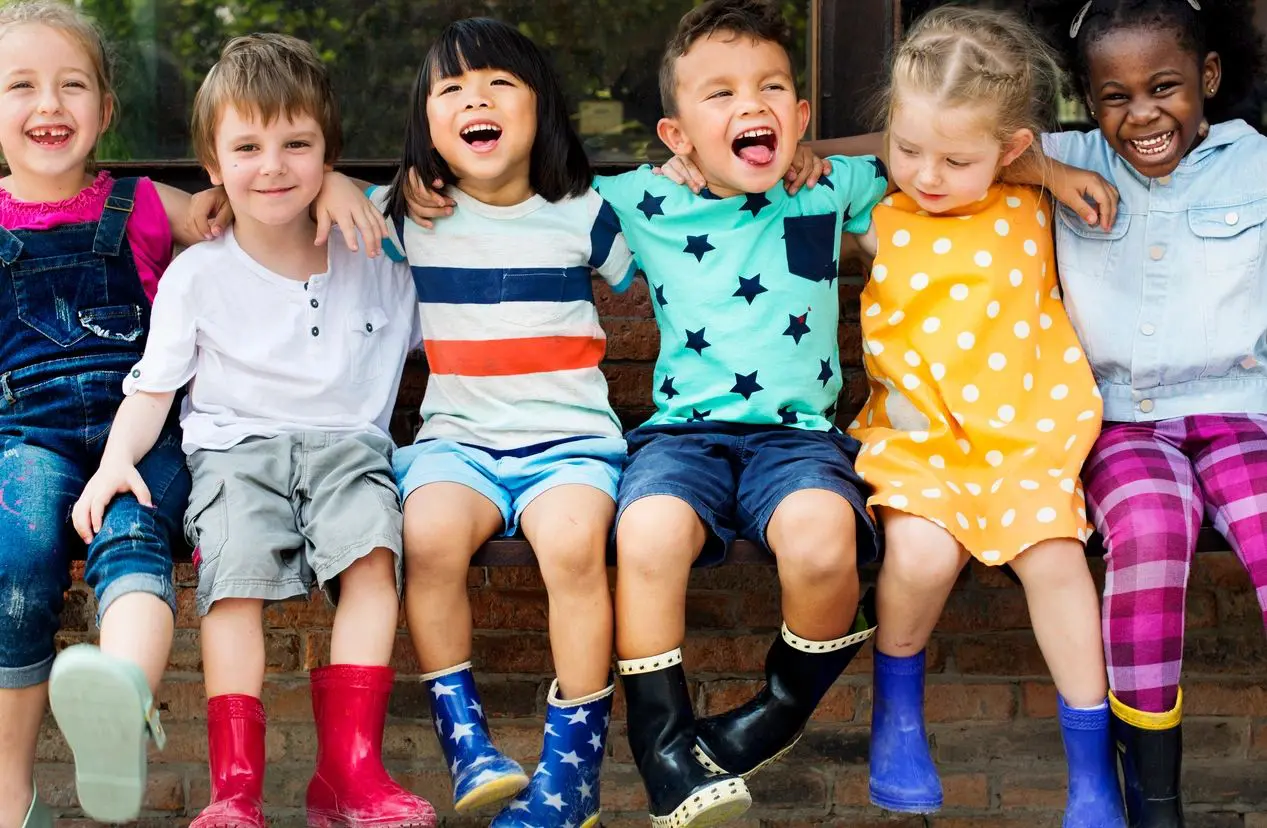
Focusing on Early Childhood Development
Jesus said, "Let the children to come to me, and do not hinder them, for the kingdom of heaven belongs to such as these." Matthew 19:14
Academics by grade level
POSITION STATEMENT ON DEVELOPMENTALLY APPROPRIATE PRACTICE
Developmentally appropriate practice is based on knowledge about how children develop and learn. "In a developmental approach to curriculum design…decisions about what should be learned, and how it would best be learned, depend on what we know of the learner's developmental status, and our understanding of the relationships between early experience and subsequent development…" (L.K.A.T.Z., 1995 Talks with Teachers of Young Children: A Collection, 1995). Sensational Enlightenment Academy has designed an integrated curriculum, as well as an emergent curriculum, drawing from the insight and experience of such early childhood experts as Lilian Katz, Judy Harris Helm, Bobbi Fischer, and Ursula Davis, to name a few. Our teachers will be continually reinventing the instruction with emphasis on ideas and interests that emerge from the daily lives of our children. This process has proven to be effective in the best early childhood programs in the nation. We will also glean information from many successful early childhood resources, such as Wilson Fundamentals, parents and teachers, High/Scope, Heads Up Reading and Reggio Emilia, The Project Approach, and Work Sampling, to name a few. Our goal is to provide the students in our care with individualized instruction assessment, keeping in the forefront what children need to know and how they learn. We refuse to follow the pattern of many preschool programs that simply push down the elementary curriculum in a watered-down version. To keep the instruction relevant and meaningful to our students' development, we keep before us two criteria of sound curriculum:
(1) Conveying important knowledge from a given discipline in many ways, and
(2) Considering how and when children develop and learn.
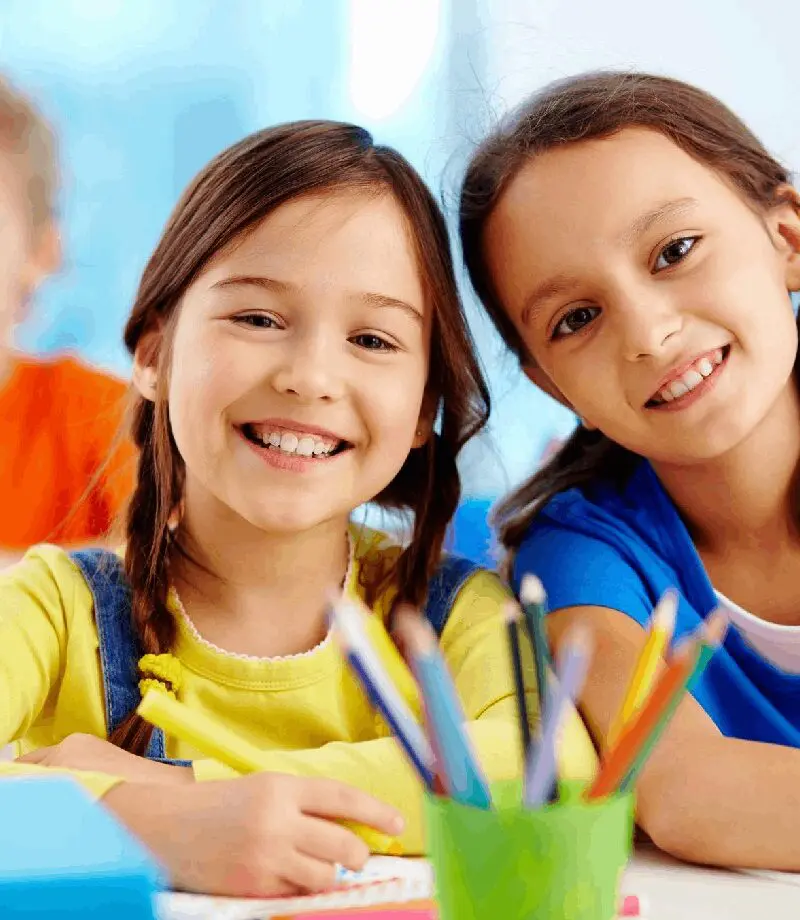
Technology
Using state and national technology standards, we are developing a technology curriculum that focuses on digital citizenship, technology skills, information fluency, and spiritual application. Our goal is to provide a solid foundation of technical skills that students can use to analyze, create, and share learning in ways that are safe and pleasing to the Lord.
Physical Education
Students will have daily physical education, either inside or outside, depending on the weather. Some activities inside include music, dance, and games. Students will also learn life skills working on teams, individuals, sharing, encouraging others, and communication, just to name a few.
Special Education
Shelby County Schools provides services to eligible private schools. Decisions about the services that will be provided to parentally-placed private school children with disabilities will be determined in the service plan meeting. Individualized Service Plans (I.E.P.s) are written for private school students with disabilities who receive special education services through Shelby County Schools. A team composed of representations, parents, teachers, and the child, when appropriate, are included in developing the I.S.P.
Extra Activities
Sensation Enlightenment Academy currently offers music, P.E., and art classes throughout the week. All students participate in these classes as they are part of our curriculum. Our preschool students are taught through a music and movement program.
Tutoring Services
Tutoring is also offered after school for math and English. Please contact your homeroom teacher or principal for more information on how to get your child into this program.
We offer one-on-one instructional teaching for our Jr. Pre-K, Sr. Pre-K Program, and Elementary Department. We believe positive relationships are the key to unlocking the potential in every child. Our one-to-one classrooms allow teachers to build positive mentor relationships with each student so they are best equipped to learn. Students are able to complete all their homework with teacher assistance and supervision in our Extended Care Program before they leave campus.
Every child must take an entrance test before the first day of school, and the administration will contact the parent for a meeting.
Our curriculum meets or exceeds all national standards, and we support each child's unique personality, interests, and needs in a safe setting.
A Message From Our Head of School
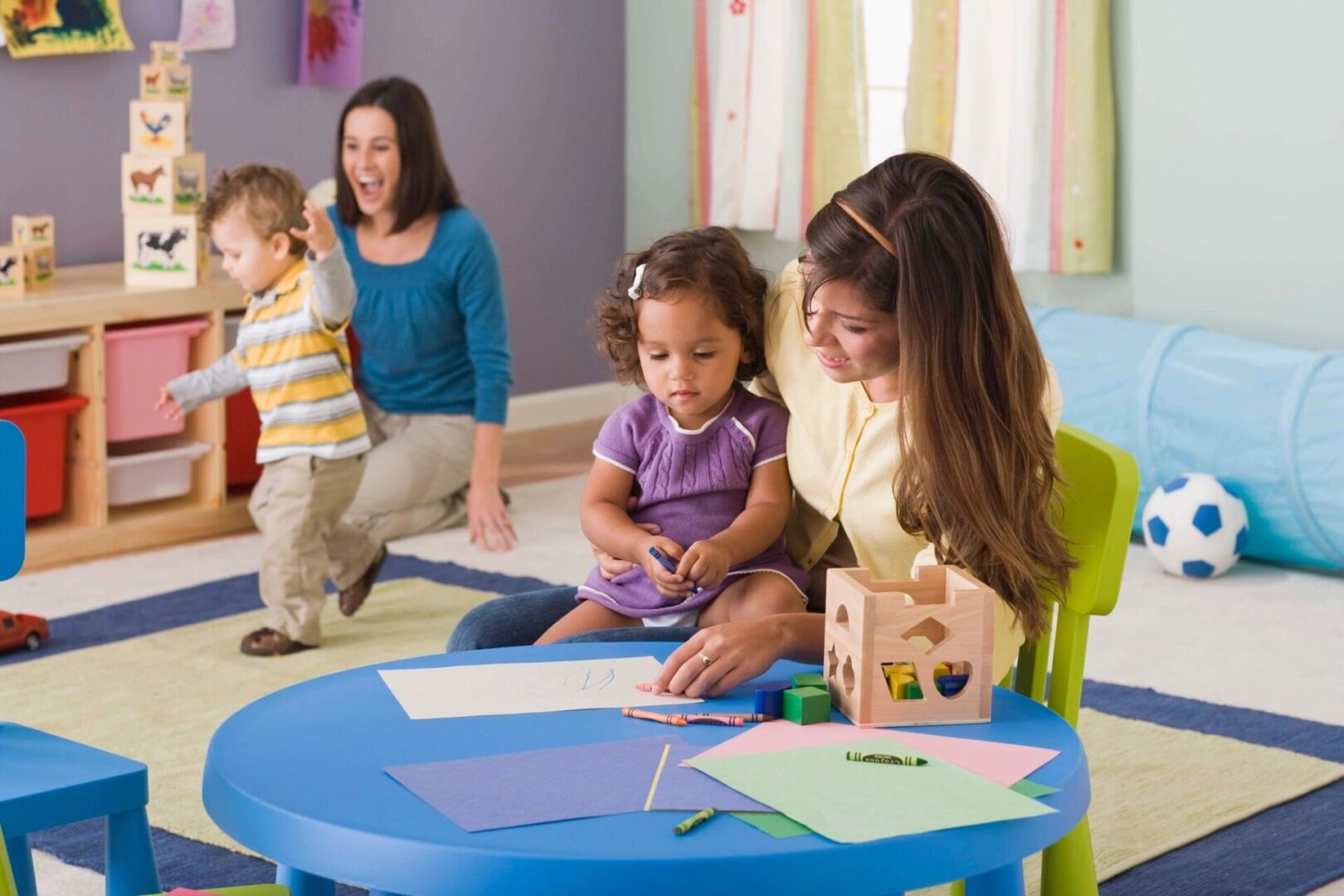
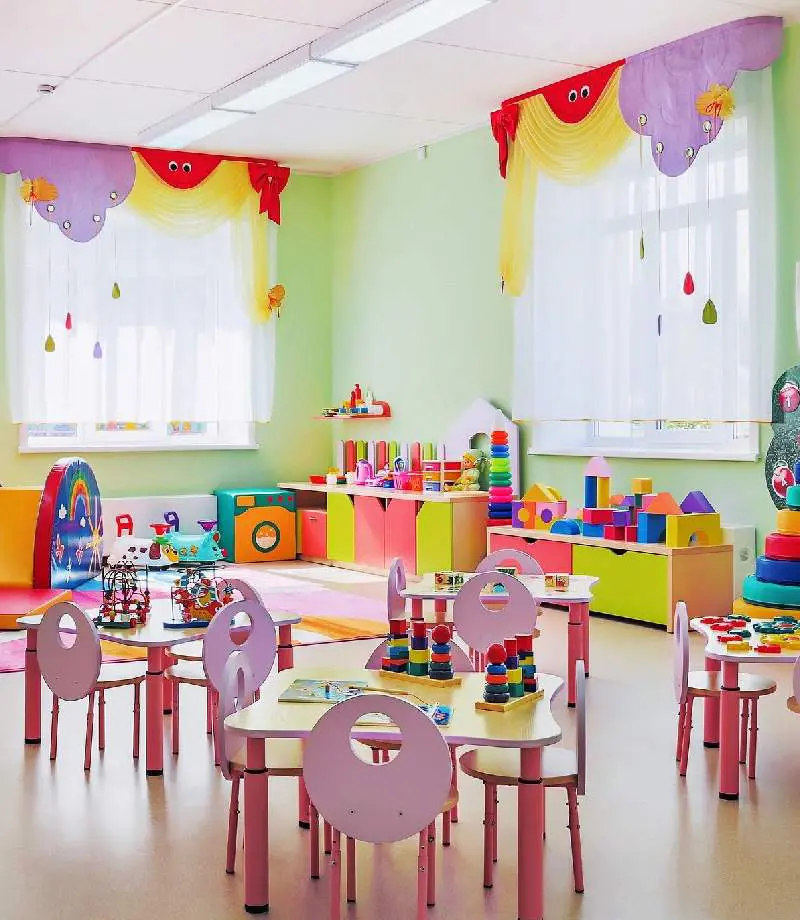
Toddlers
S.E.A. accepts toddlers ages 18 months - 23 months. Because children thrive on routines, the classroom has a daily schedule. Each parent receives a daily progress report on how his/her child did that day, including their eating habits, mood and behavior, activities, nap time, and a log of all diaper changes or bathroom trips.
We focus on Intellectual Development with our toddlers - They express their feelings and wishes. They follow simple directions. They still have a very limited attention span. They use three or more words in combination. They can memorize short rhymes. They use objects to represent other objects. They can join in simple songs. They have trouble making choices, but they want to make choices. They begin to think about doing something before doing it. Our staff goal is to meet all your family needs.
There is an endless amount of information that children can learn, which is also as important as what they learn. Children who are encouraged to explore and make discoveries on their own develop confidence in themselves as learners. However, just as important as what they learn is whether they are learning how to learn.
Pre-Kindergarten
We expect more out of our Pre-kindergarten students 3, 4 & 5 years old. In this program, we teach our children to be more independent. When your child enters into the Pre-K Program, they will learn how to read, write, spell, and recite the 50 states and the Lord's Prayer.
We hope to support children through the following learning objectives:
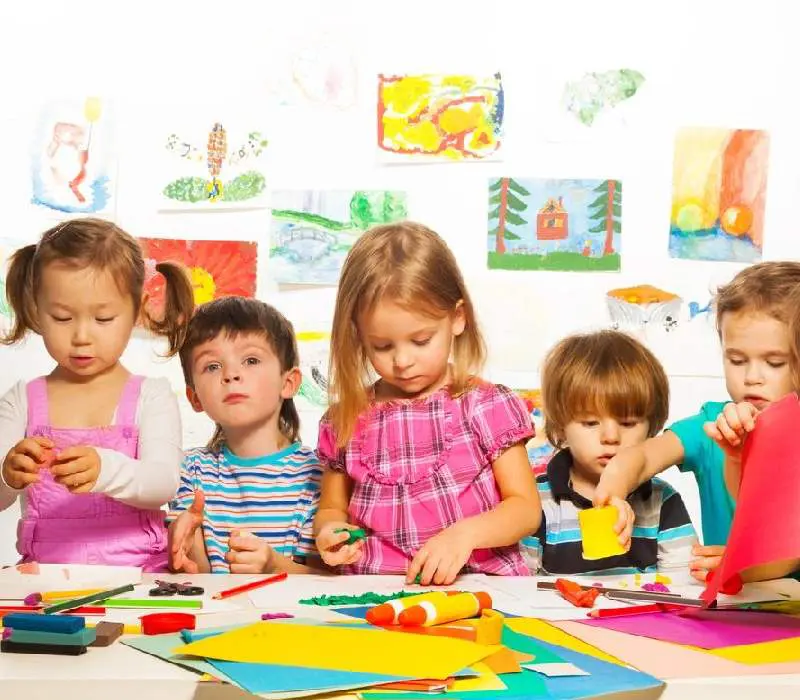
S.E. ACADEMY CURRICULUM AND ASSESSMENT
BENCHMARKS FOR 3, 4, AND 5-YEAR-OLDS
Mathematics
Science
Social Studies
Creative Arts
Movement
Health and Safety
Personal and Social Development
Physical Development
Knowledge of the Bible and Basic Christianity
Kindergarten- 5th grade
Age Requirements for Kindergarten
HB 0839 by *Weaver, White D. (SB 1022 by *Bell, Tracy.)
Education - As enacted, changes the date by which children must be five years of age from Aug. 31 for the 2013-2014 school year to Aug. 15 for the 2016-2017 school year thereafter for entrance into kindergarten programs.
Age Requirements for First Grade
"No child shall be eligible to enter first grade . . . without having attended an approved kindergarten program; provided that a child meeting the requirements of the state board of education for transfer and/or admission, as determined by the commissioner, may be admitted by an L.E.A., notwithstanding any other provision or act to the contrary." T.C.A. 49-6-3106.
Bible
Bible instruction consists of daily Bible classes developmentally leveled for each grade using various materials and weekly chapels, emphasizing thematic instruction to develop the entire student character with biblical illumination into all academic disciplines.
Language Arts
Language Arts is made up of four content areas: Phonics + Word Analysis, Reading, English, and Writing. It is our goal that through this four-pronged approach, students will learn to think and communicate well.
Language Arts Curriculum:
Math
Our math program is rooted in the Harcourt & Teaching Textbooks math curriculums. These are worldview-based approaches to teaching core mathematical skills. Students gain a rich understanding of math computation, problem-solving, and application as they learn to see and use math all around them. As in all our curriculum, we intentionally illuminate the Word of God and His truth in instruction.
Emphasis by Grade:
Science
The purpose of science at Sensational Enlightenment Academy is to create experiences in which students can explore God's world with the truth of God's Word. The Science Curriculum is the Bible, Purposeful Design, and Bob Jones.
Social Studies
The purpose of social studies at Sensation Enlightenment Academy is to create experiences to help students understand God's hand in the history of the world through engaging classroom experiences. The four strands of Social Studies education are Civics, Economics, Geography, and History, with a focus on the U.S., Tennessee, and Western Civilization.
Physical Development
Growth is slow but steady. They have gained control of their major muscles. Most children have a good sense of balance. They can stand on one foot and walk on a balance beam. They enjoy performing physical tricks. They enjoy testing muscle strength and skills. They like to skip, run, tumble, and dance to music. They can catch small balls. They can manage buttons and zippers. They can learn to tie their shoelaces. They can print their names. They can copy designs and shapes, including numbers and letters. They use utensils and tools correctly with supervision.
Social and Emotional Development
They think of themselves more than others until about age seven or eight. They play well in groups but may need some time to play alone. Many children have a best friend and an enemy. They tend to prefer playmates of the same sex. Children often tell on each other. This is done for two reasons: to help them understand the rules and to get an adult's attention. They do not like criticism or failure. It is best to have each child compete against himself or herself, not other children.
They can be helpful with small chores. They have a strong need for love and attention from their parents. They are beginning to care about the feelings and needs of others. They may enjoy taking care of and playing with younger children. To them, "good" and "bad" are what parents and teachers approve or disapprove of. They are starting to develop a moral sense, such as understanding honesty. They begin to develop a sense of humor and may enjoy nonsense rhymes, songs, and riddles.
They can tell left from right. Their ability to speak and express themselves develops rapidly. This is important for success in school. They talk to each other about themselves and their families. During play, they practice using the words and language they learn in school. They start to understand the time and days of the week. They like silly rhymes, riddles, and jokes. Their attention span is longer. They can follow more involved stories. They are learning letters and words. By six, most can read words or combinations of words.

